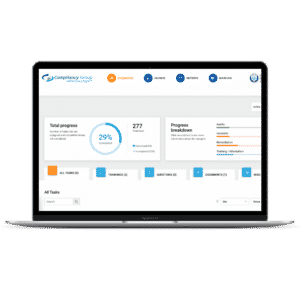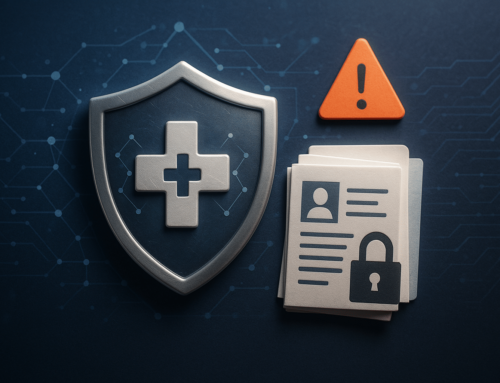
Practice management software has been a game changer for healthcare providers in managing their practices efficiently and effectively. It has become an essential component of healthcare administration, providing a comprehensive solution to managing patient records, scheduling appointments, billing and insurance claims, and other administrative tasks.
Simply put, a PMS is a software application designed to manage the day-to-day activities of a medical practice. It handles everything from appointment scheduling and patient registration to billing and revenue cycle management. With the proper PMS in place, healthcare providers can streamline their workflows and better serve their patients.
However, with the increasing amount of sensitive patient information being stored electronically, it’s imperative for such software to be HIPAA compliant. HIPAA (Health Insurance Portability and Accountability Act) sets out strict guidelines for safeguarding protected health information (PHI) to ensure confidentiality, integrity, and availability.
What Makes Practice Management Software HIPAA Compliant?
A HIPAA compliant practice management software has several features that make it stand out from traditional practice management software.
- Ensures secure access control by requiring unique login credentials for each user. It allows administrators to restrict access based on roles or levels of authority.
- It employs encryption technology to safeguard all electronic protected health information (ePHI). This includes data such as:
- Patient Demographics
- Medical Histories & Records
- Payment Information
- Any other sensitive information that could identify an individual
- Provides audit trails that allow administrators to track system activity. This feature is critical in detecting unauthorized access attempts or breaches of ePHI. Additionally, audit trails provide valuable information during investigations into security incidents.
- Regular backups of all system data to ensure business continuity in case of disasters or unforeseen events. These backups should follow strict guidelines specified under HIPAA regulations.
- Proper incident response procedures should be in place. In case of any security incidents in real time. It should also provide a framework for responding to such incidents, including notifying affected individuals and regulatory bodies, and implementing remediation strategies.
- Any third-party vendors with access to PHI through the software must sign a Business Associate Agreement (BAA). A BAA is a legal contract that outlines how PHI will be handled by the vendor to ensure compliance with HIPAA regulations.
What Practice Management Softwares Are HIPAA Compliant?
Several practice management software solutions are HIPAA compliant, offering robust features while maintaining strict adherence to HIPAA regulations.
SimplePractice
SimplePractice provides users with video conferencing capabilities integrated into its platform while utilizing end-to-end encryption to safeguard communications.
TherapyNotes
TherapyNotes offers secure messaging tools through its portal and customizable templates for progress notes. This cloud-based EHR system boasts advanced security features like SSL encryption during data transfer sessions and AES 256-bit encryption when storing data.
Kareo
Kareo is another top-rated practice management software known for its affordable pricing model. The platform offers:
- Secure messaging between patients and providers
- Encryption of all stored data
- Two-factor authentication for login credentials
- Regular security audits to ensure continued compliance
- A Business Associate Agreement
Practice Fusion
This software solution offers end-to-end encryption for all patient data and has strict access controls in place to ensure that only authorized personnel can view or modify records. Practice Fusion also undergoes regular security risk assessments by third-party experts to maintain compliance with HIPAA requirements.
AdvancedMD
AdvancedMD is a cloud-based practice management software that prides itself on its robust security measures to protect patient data from unauthorized access or disclosure. The platform offers 24/7 monitoring by certified security professionals who track any suspicious activity and take immediate action if necessary. AdvancedMD also uses two-factor authentication for login credentials and requires users to change passwords regularly.
Choosing Your Practice Management Software
All in all, there are many practice management software solutions available on the market, but not all of them comply with HIPAA regulations. It is crucial that healthcare providers choose a software solution that protects sensitive patient information from unauthorized access or disclosure.
SimplePractice, TherapyNotes, Kareo, Practice Fusion, and AdvancedMD, are all examples of practice management software that offer advanced security measures and comply with HIPAA requirements. By selecting one of these platforms, healthcare providers can rest assured knowing that they are using a secure and compliant system to manage patient records and administrative tasks.










